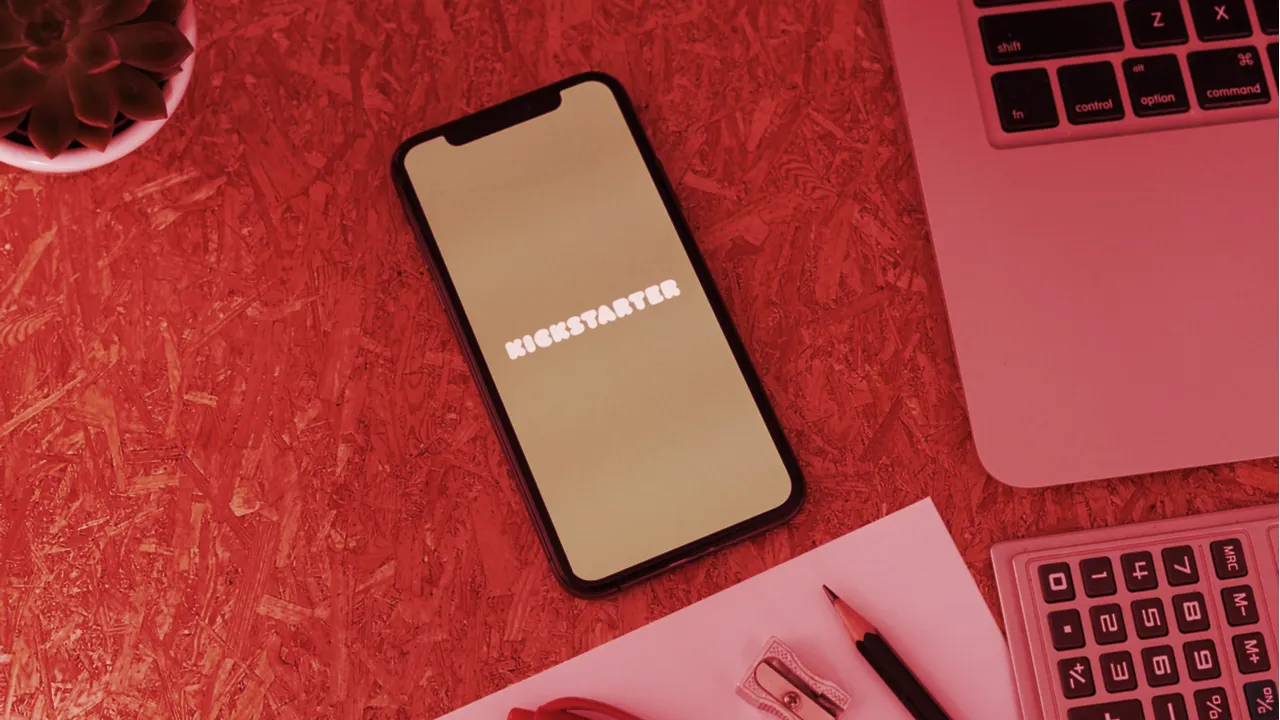DAOs have been called the new GoFundMe or Kickstarter. Well, what if Kickstarter is the new DAO?
The crowdfunding platform is creating a new organization tasked with building a blockchain-based version of its platform. The new organization, which does not yet have a name, should begin developing the platform early next year. Kickstarter plans to switch over to the new platform when the protocol is ready; it's aiming for 2022, per reporting from Bloomberg.
"We think bringing all that we’ve learned about crowdfunding since 2009 to inform the development of a decentralized protocol will open up exciting new opportunities for creative projects to come to life," founder Perry Chen and CEO Aziz Hasan wrote today. "In the coming weeks, a white paper will be released outlining the technology and plans for the protocol."
Kickstarter was one of the original web-based fundraising platforms. It works like this: Someone has an idea but they need money to make it a reality. Rather than lose equity to venture capital firms or take out an interest-laden loan from the bank, they use Kickstarter to pitch their idea to the hoi polloi. If people want the idea to become reality, they can pledge money to it—typically in exchange for an eventual version of the product and some bonus goodies; essentially, they pre-order it.
Peloton—now a publicly traded company—produced its first bike using Kickstarter; the Oculus virtual reality headset—now owned by Facebook parent company Meta—started off on the platform as well.
But decentralized autonomous organizations may be eating into Web 2 platforms' market share. Like crowdfunding platforms, DAOs can also be used as mechanisms for pooling money together to buy something—whether that's a copy of the U.S. constitution at auction, an NBA team, or collectible NFTs. DAOs raise millions by selling their own digital tokens—typically via the Ethereum blockchain—that represent voting shares; the more tokens you have, the more sway over the DAO's decisions you have.
DAOs have a few potential advantages over legacy platforms. For starters: fees. Kickstarter takes 5% of all funds raised. That's after grabbing 3-5% in payment processing fees per pledge. Blockchain tech has the potential to cut down on those numbers by making payments more efficient, though it's not without complications.
While DAO members don't tithe to their organization, they do have to cover on-chain transaction fees. Ethereum rates over the past year make Kickstarter's take look tiny.
Kickstarter won't be using Ethereum; it's opted for Celo due to its "carbon negative blockchain platform." The company intends to establish a "governance lab" run separately from the current and new platform.

